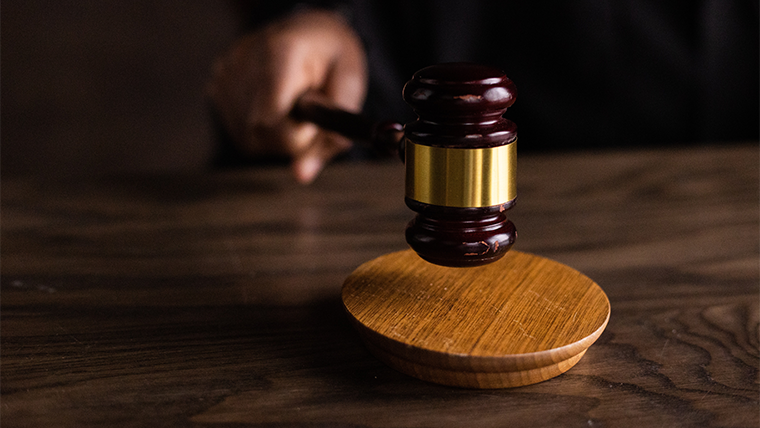
| 

A County Court Judgment (CCJ) is a legal order in England, Wales, and Northern Ireland that may be registered against you if you fail to repay a debt. In Scotland, a similar process is called enforcing a debt by diligence. A CCJ will also appear on your credit report and will greatly affect your ability to get other forms of credit such as a loan or mortgage. Lenders will see that you have been taken to court before over not paying debt and will be concerned you might default again. Similarly, employers who do credit checking as part of their standard pre-employment checks may be concerned about your financial history if you are applying for a job which has a high level of responsibility or involves access to money.
CCJ Standard Process
There is a standard legal process which any claimant must follow in order to get a CCJ registered against you. The CCJ is the end of the process as far as the company is concerned, and before a debt gets to that stage, they will have sent out numerous reminders and requests for payment. The best advice is always never to ignore any letters about money you owe. The problem is not going to go away, and if you can deal with it in the early stages you’ll pay less, as court fees are added to the debt.
Receiving a CCJ Claim Form
If your debt has got to the court action stage, then it’s very important to respond promptly and correctly. Typically, you have 14 days to respond to a CCJ claim form. Complete the information required on the form including an Income and Expenditure form, which outlines your financial situation and helps determine a suitable repayment plan. This will give the court the option of offering a payment plan rather than requiring the whole amount at once. The court will then look at the information on the form and the application from the person owed the money, and decide whether to order payment in instalments, or for the whole amount to be paid.
If you ignore a CCJ or fail to pay the instalments then the creditor can go send in debt collectors, bailiffs, or even apply to have the money to pay the debt taken out of your wages.
CCJs and Credit Record
All CCJs are recorded by the court in the Register of Judgments, Orders, and Fines and on your credit file. If the CCJ is paid in full within 30 days, you can apply to have it removed from your credit file. Otherwise, it remains there for six years and can make it very difficult to get any new credit such as a mortgage, loans or even sign up for a new mobile phone contract. If you pay off your CCJ after the 30-day period, you can still apply to have it marked as “satisfied” on your credit report. This may still affect your ability to get credit, but not as dramatically.


